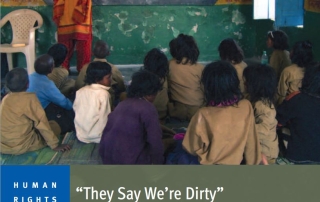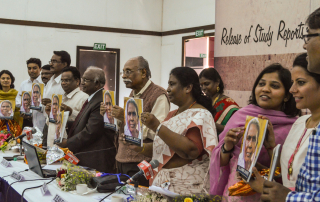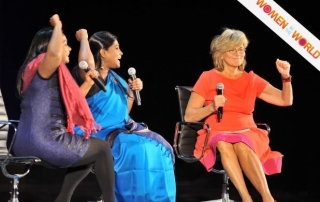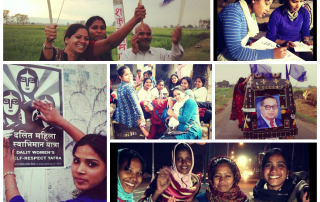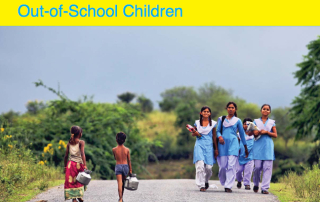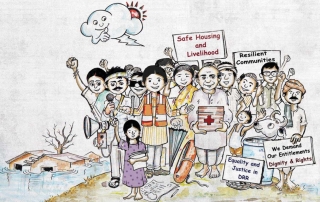Human Rights Watch Report: India’s marginalized denied education
Dalits, Adivasis and Muslims are most at risk of dropping out of school and being denied an education in India – states the comprehensive report “They say we’re dirty” – Denying an Education to India’s Marginalised, just released by Human Rights Watch.

